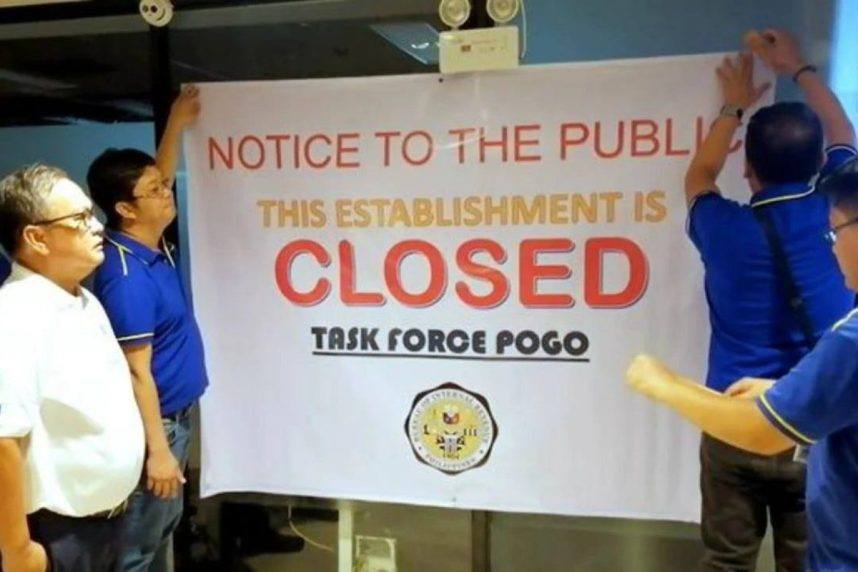The Philippines Bureau of Immigration believes more than 11K foreigners who immigrated to the Southeast Asia island nation to work in online gaming operations remain inside the country despite being told to leave by the end of the year.
 The Philippine Task Force on POGOs shut down an online gaming business in August 2024. Philippines officials say more than 11K immigrants who were employed in POGOs remain illegally inside the country. (Image: Asia Sentinel)
The Philippine Task Force on POGOs shut down an online gaming business in August 2024. Philippines officials say more than 11K immigrants who were employed in POGOs remain illegally inside the country. (Image: Asia Sentinel)To appease the People s Republic of China, Philippines President Ferdinand Bongbong . in July ordered the immediate shutdown of the country s online gambling industry. Known as Philippine Offshore Gaming Operators, or POGOs, the many online casino businesses targeted countries where gambling isn t permitted via the internet, namely China.
Phillippines Immigration Bureau gave foreign workers who were lured to work in POGOs a Dec. 31, 2024, deadline to get out of the country. Immigration Commissioner Joel Anthony Viado this week told the Philippine News Agency, the official news outlet of the Philippine government, that he suspects 11,254 foreign POGO employees remain inside the country.
I have ordered our intelligence division to initiate the search for those at large. They are considered illegal aliens now, Viado said.
Expect an intensified manhunt against these illegal aliens. The order of the president is clear no more POGO in the Philippines, the BI chief added.
Immigrants Seek RefugeFor many years, called on the Philippines government to stop POGOs from allowing online casino players from China. Most forms of gambling on the mainland are prohibited, with the exceptions being the state-run lottery and sports gambling pool. Casinos only operate in , a Special Administrative Region of the People s Republic.
Participating in or operating an online gambling enterprise in China is illegal. Penalties are severe for those found guilty of committing such illegal acts, though prosecution of an individual player is rare.
China for many years warned its citizens that working in an online gambling outfit is also illegal. But tens of thousands of Chinese were lured to the Philippines on promises of a better life with higher pay.
POGOs employed about 40K people earlier this year, with many being Mandarin-speaking Chinese people to service online gamblers on China s mainland.
Many Chinese immigrants reported unfulfilled promises and even slave-like work conditions upon arrival in the Philippines. for working in an overseas gambling business and facilitating the cross-border outward flow of capital from the mainland, something Xi says poses a threat to China s national security interests.
At the height of the POGO industry in 2019, the online gaming platforms from overseas players.
POGOs on NoticeAlong with warning remaining foreign POGO workers that they must leave the Philippines, Presidential Anti-Organized Crime Commission Executive Director Gilbert Cruz said this week that landlords that knowingly allow online gaming outfits to operate in their properties will face criminal prosecution. Cruz explained that property owners risk the forfeiture of their assets if law enforcement discovers POGO operations.
Since Marcos ban, there have been reports of smaller online gaming operations setting up shop in apartment buildings and hotel rooms.


